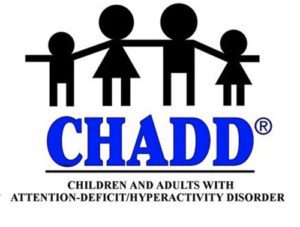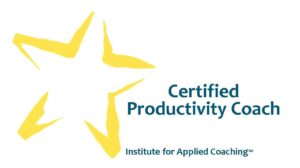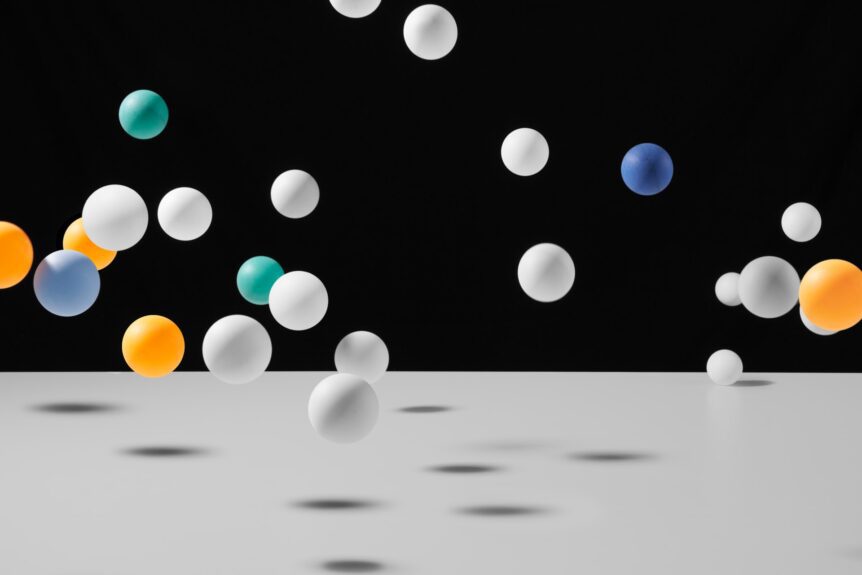Our brains are constantly constructing anticipated outcomes based on thousands and thousands of past experiences.
Every time we have an experience, the brain revisits former experiences, layers on data from the new experience, and creates a more substantial model for future experiences.
But what happens when the data from past experiences don’t match the new experience? We experience Prediction Error.
Prediction Error: The failure of an anticipated event to happen.
Typical forms of prediction are:
- Anniversary = expect a lovely card.
- Doorbell rings = expect Amazon driver.
- Roommate responsible for dinner = expect a home-cooked meal.
Now, let’s look at the prediction error in these scenarios:
- Your anniversary comes; you receive both a card and flowers! (Positive Prediction Error)
- The doorbell rings; it’s the Amazon driver. (No Prediction Error)
- Your roommate provides fast-food burgers for dinner. (Negative Prediction Error)
What happens in our brain when we encounter Prediciton Error?
Positive Prediction Error: When we encounter a reward greater than anticipated, our dopamine neurons fire up.
No Prediction Error: If it’s the Amazon driver at the door as expected, there is no prediction error; the dopamine neurons do not fire up.
Negative Prediction Error: If we get something less than we’d anticipated, not only do the dopamine neurons not fire up at the moment, they stop firing at all for some time.
I thought this example from Psychology Today illustrated both negative and positive Prediction Errors in one short story:
“To illustrate the concept of prediction error, let’s imagine you have a decent bottle of wine that has been maturing for some years in the cellar. On New Year’s Eve, you decide the time is right to try the stuff. Initially your expectations (your predictions) are high, but when you open the cork, you notice it has crumbled. This piece of news leads to a negative prediction error, and you lower your expectations accordingly. Nevertheless, you plough on, pour it out and take a sip, and, despite the cork, it’s superb. Now a positive prediction error ensues – the wine is better than expected.”
Although our brains subconsciously do much of the work, the true secret to happiness may be in reducing Prediciton Error by managing our expectations.
Cindy Jobs
Looking for more information?
Click here for ADHD-friendly Time Management Tools
Click here to schedule a complimentary breakthrough session.
For more helpful information, follow me on Facebook.



Former member:






